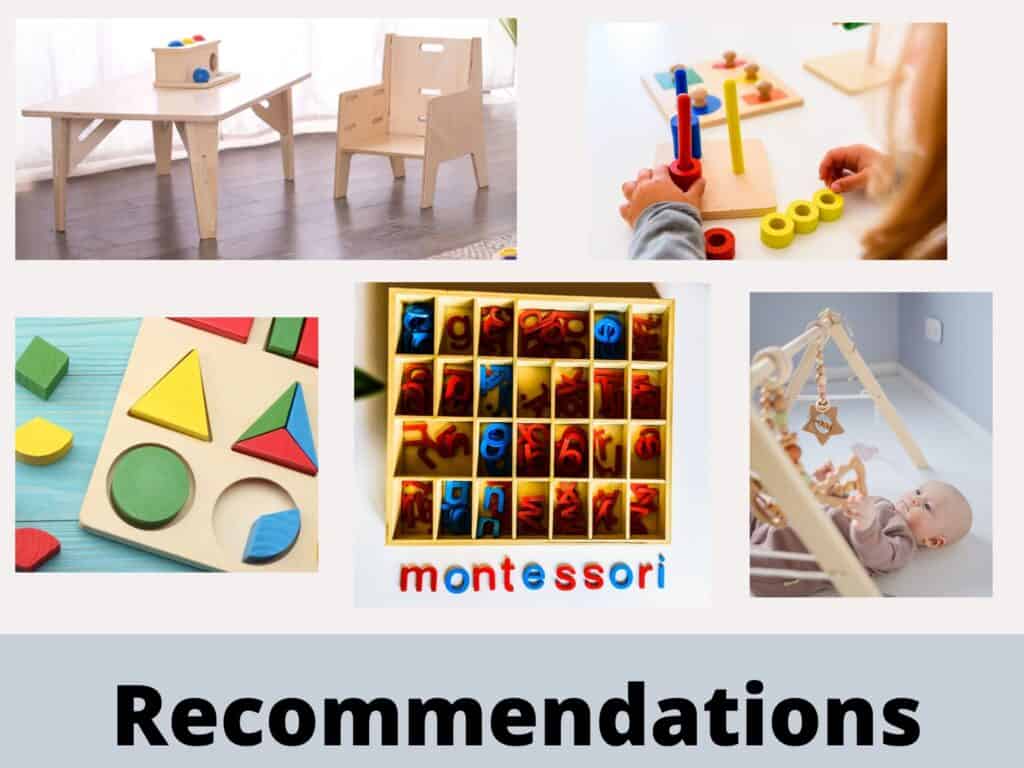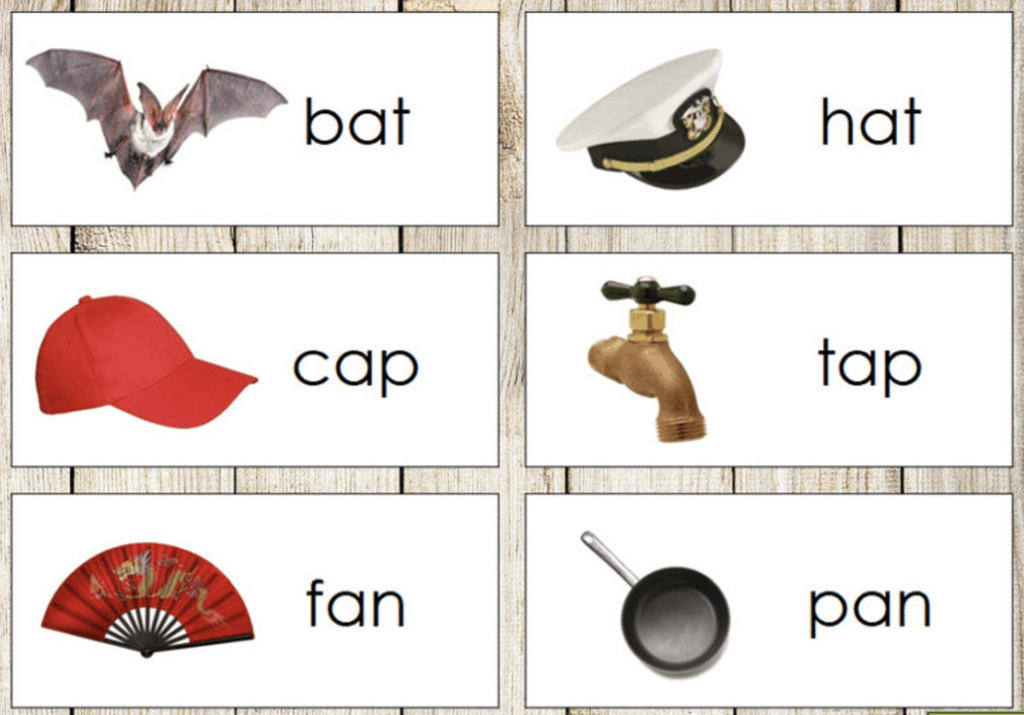Montessori schools are a unique way to teach children in which they do not receive letter grades. This brand of teaching helps emphasize the growth of the children at their own pace rather than having it forced upon them in a strict schedule.
Grading in
Because grading is not part of the curriculum, children in

How Montessori Students Are Graded
One of the ways that
- Guidance and encouragement. As the students work, the instructors guide them into a more team-based development. Instead of seeing their performance as their final outcome, the teacher encourages the student to continually improve upon what they have already done. This type of “grading” or evaluation helps the students learn what their needs are so they can work on improving them.
- Self-assessment. Another way that the teachers grade their students is by letting them give their own assessments. They give the children the responsibility to find their own best skills as well as the areas that they need improvement. By asking them how they think they are performing, it gives them the opportunity to reflect on their own standards of learning. It inspires them to reach further and learn more.

Positivity Over Negativity
By emphasizing the attention on the children’s strong points before pointing out areas where they can improve, it takes the focus off of what they did “wrong.”
- Highlighting what a child is good at while guiding toward opportunity for improvement has a more positive effect than pointing out what is wrong and giving them a bad grade. This encourages positivity and reduces the feelings of guilt that negative criticism causes.
- There is an absence of the competition and pressure that can cause stress and anxiety in children who are not ready to learn what is being taught.
The grading in a Montessori school is a way of teaching them how to live their life rather than how to get better grades than their classmates. In fact, the

How Can a Parent Know a Child’s Progress in Montessori ?
Because all children learn at their own rate, you cannot expect all the kids in the same class to do the same assignments. Rather than receiving a standardized grade report, parents are invited to speak with the teacher to get personal assessments on how a child is doing.
Through personal notes and individualized progress reports, you will know what your child is doing in school, not just whether they are getting As and Bs.
A parent is encouraged to sit with the class for teacher observations to find out how the teachers work with your child. This supports parents in learning how to work with their children at home. The
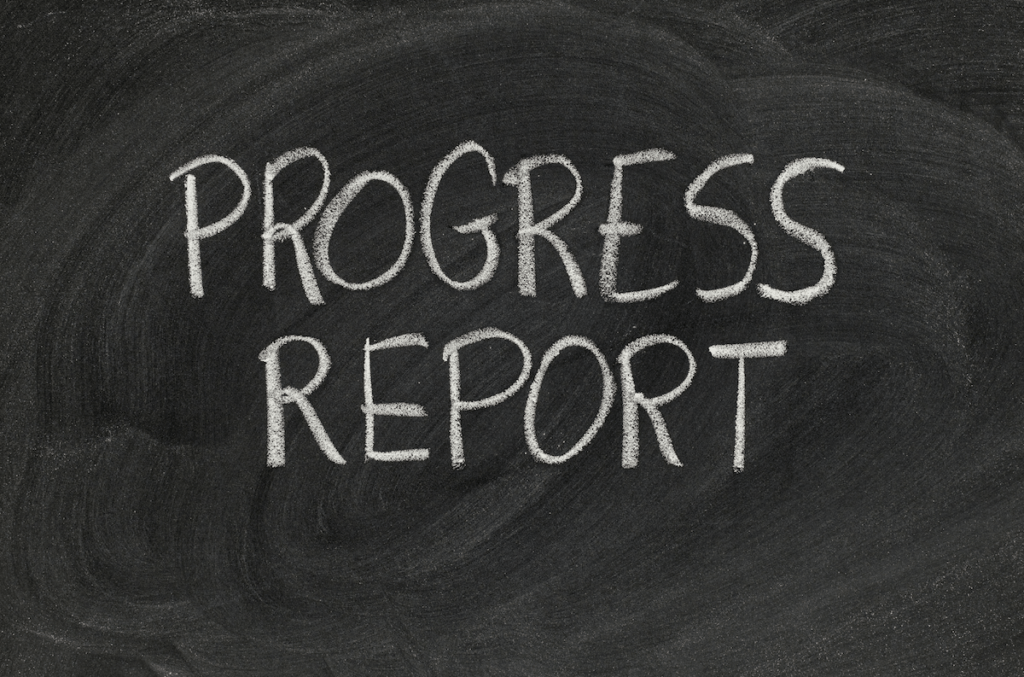
Montessori Assessment Strategies
The
Rather than measure children against each other or against a standard rubric, the adult in the room takes the role of a “joyous observer” and observes the child as a new and separate individual. This is the process of Scientific Observation, and it is a foundational part of
The Personal Assessment
As a result of the “teacher as a scientist,” children are observed closely, and individualized progress reports are offered, often in the form of a checklist or narrative, rather than giving each child letter grades that compares them with a standardized metrics. The personal assessments provide more detailed information about each child as an individual and allow families to continue progress at home.
While children from other curriculums bring home papers showing their grades on what they have done, the
In the traditional educational environment, letter grading is also accompanied by standardized testing. Because of this, may teachers in traditional K-12 classrooms are driven to teach to the test, ensuring their students are prepared to do well on an exam. This is strictly antithetical to the Montessori methods of learning and assessment.
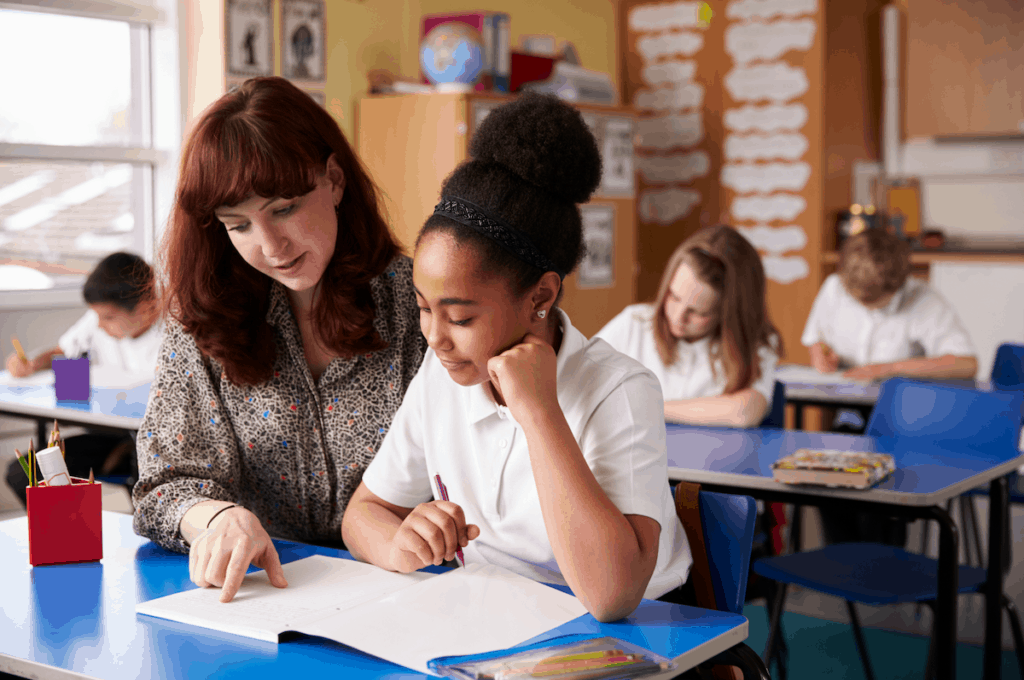
The Pros and Cons of Montessori School Grading
Just like with anything else, there are pros and cons to the Montessori grading curriculum. Not all children excel in
| Pros | Cons |
| Children are not pressured into competition. | Some children are motivated by competition and may need external motivation for a traditional letter grade. |
| Every child learns at their own pace. | Some parents may expect a standardized metric or benchmark to understand their child’s learning. |
| Children are never “failing,” because everything a child does helps them learn. | Children who transition out of |
| Students are evaluated as individuals working at their own pace, on their own path | |
| Children typically have the same teacher for years, allowing a continuum of assessment | |
| Students do not ever cram for standardized testing | |
| Parents get a “whole child” evaluation of what their child is learning and how they are developing and growing. |
How Does Montessori Assess Math Skills?
It may be easy to understand how the
Montessori didn’t want children to live in a protective bubble. Maria Montessori believed children must be taught about money, measurement, and calculating because these skills are tools that will help them live in the world. (Source: Montessori Guide)
Mathematics and geometry are also important because they are disciplines that provide student certitude, truth, and consistency. For these reasons, math is as important a part of the
As students advance through the levels of
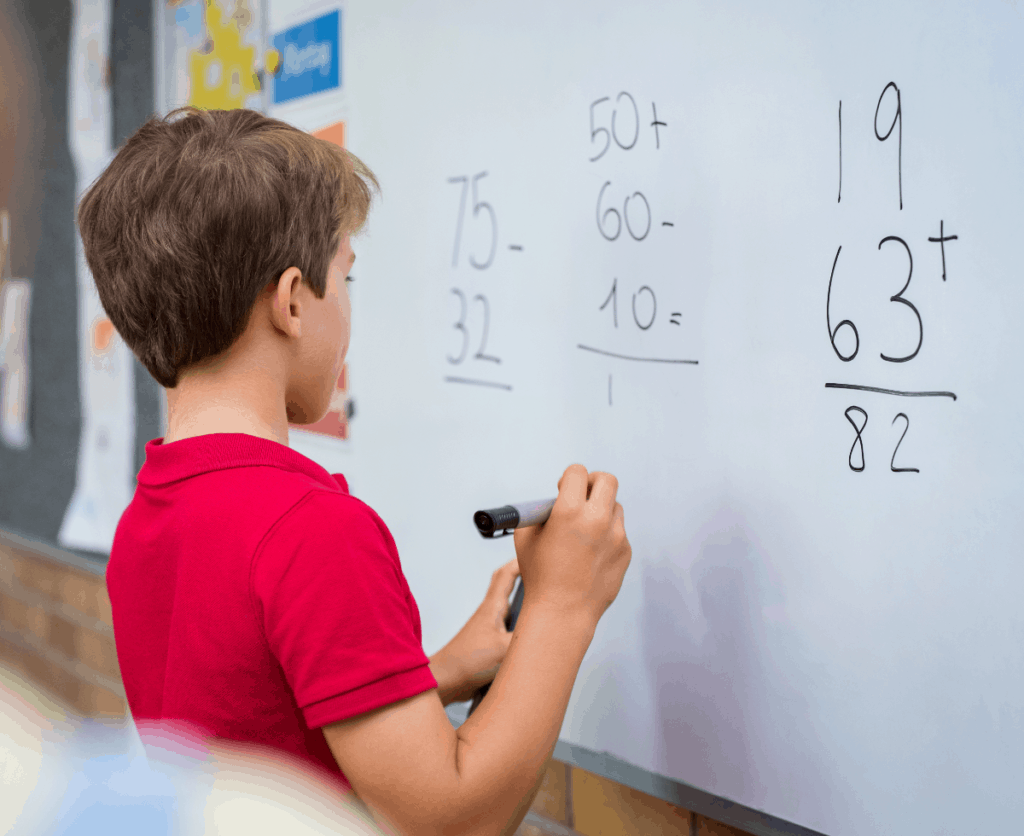
In Conclusion
By observing each student as an individual and documenting what each child’s path of development looks like, what they are working on and how they are progressing, the
This type of evaluation can be more supportive of growth and less steeped in competition and comparison than the standard format of letter or number grades. When you consider the Montessori philosophy and method of education, it seems only natural that this assessment would be individualized and based on observation of the whole child.
